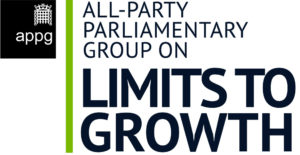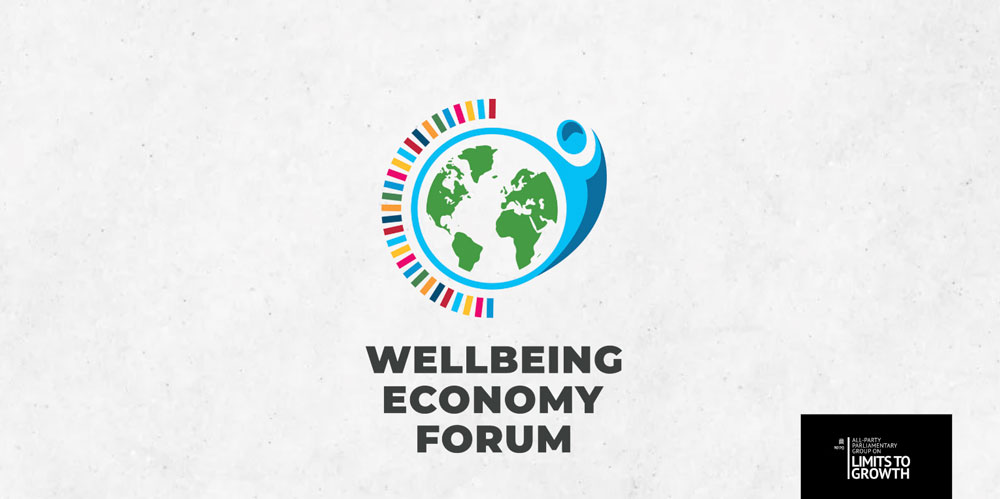Iceland’s Prime Minister Katrin Jakobsdóttir has hosted the first Wellbeing Economy Forum. Set out to provide a political platform to discuss the interconnections between wellbeing and sustainability, the conference explored the latest research on the health impacts of environmental degradation, examined the ways in which sustainable development can promote human wellbeing, and debated practical steps towards more sustainable and equitable communities. The Forum was held in Reykjavík from 11-12 June 2023 and included discussants from politics, science and civil society.
Iceland is a leader in the Wellbeing Economy Governments Partnership (WEGo)—a collaboration of national and regional governments interested in sharing expertise and transferrable policy practices to advance their shared ambition of building Wellbeing Economies. The partnership currently comprises six governments: Scotland, New Zealand, Iceland, Wales, Finland and Canada.
Speakers at the event included the Scottish Cabinet Secretary for the Wellbeing Economy, Fair Work and Energy, Neil Gray, and the Deputy Prime Minister of Luxembourg, Paulette Lenert; as well as longstanding wellbeing scholars such as Kate Pickett, Richard Wilkinson, and Richard Layard. CUSP director Tim Jackson’s keynote there explored the relationship between the ‘wellbeing economy’ and the ‘growth economy’ teasing out where the logic of wellbeing differs from the logic of growth. A full list of speakers can be accessed via the Forum’s website.
If you’re interested in the concept of the ‘Wellbeing Economy’, Finland produced the video below during its EU Presidency in 2019. Sanna Marin’s government was working to implement an Economy of Wellbeing.

